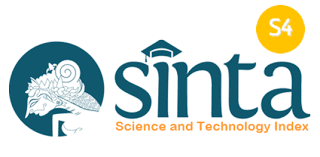University Administration Innovation for Funding University Education
Abstract
This study investigates the persistent issue of inadequate funding in Nigerian public universities, highlighting the implications for both the quality of education and university administration. The research adopts a qualitative approach using a case study methodology, focused on analyzing existing literature, official reports, and interviews with university administrators and stakeholders. The findings reveal that inadequate funding results in a range of issues including project delays and cancellations, reduced quality of service, operational difficulties, faculty staff exodus, and the inaccessibility of education for some students. The study identifies several innovative strategies for addressing these challenges, such as attracting donations, setting up university business ventures, launching new market-driven courses, introducing reasonable charges for university facilities, investing in securities markets, and strengthening alumni associations. These strategies aim to generate additional revenue to complement government grants. The research highlights the critical need for university administrators to adopt these innovative funding approaches to mitigate the impacts of government funding shortfalls and ensure the continued provision of quality education. The implications for policy and practice suggest that universities must not only depend on government allocations but also create self-sustaining financial models that can support educational development. Future research should focus on evaluating the long-term effectiveness of these innovative funding strategies and explore their application in diverse Nigerian university settings.
Downloads
Copyright (c) 2025 Olugbenga Timothy Ajadi

This work is licensed under a Creative Commons Attribution-ShareAlike 4.0 International License.





